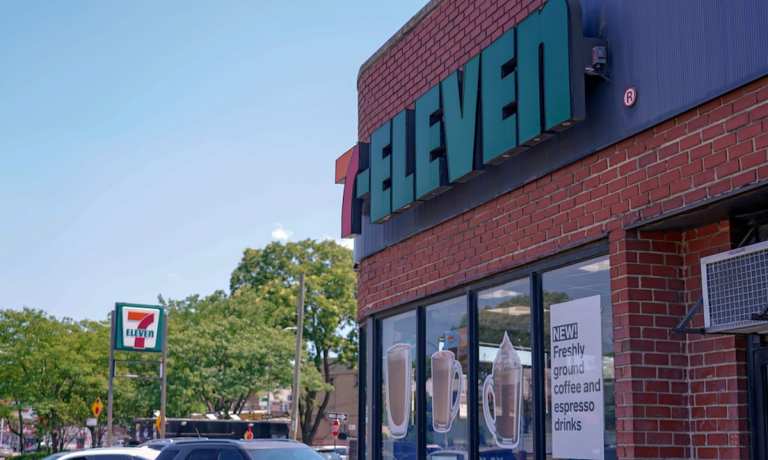
The convenience store industry has seen a record $21.7 billion of consolidation deals announced in just the past four months, as a pandemic-related M&A lull ends and COVID-19 reshapes consumer demand.
Two major deals and one blockbuster agreement between 7-Eleven and Marathon will see more than 4,000 C-stores change hands in the next several months – and analysts say the mergers and acquisitions don’t appear to be over yet.
In the most significant move, 7-Eleven agreed in August to pay $21 billion cash for some 3,900 Speedway convenience stores currently owned by Marathon Petroleum. That’s the biggest C-store deal on record.
“This acquisition is the largest in our company’s history and will allow us to continue to grow and diversify our presence in the U.S., particularly in the Midwest and East Coast,” 7-Eleven CEO Joe DePinto said in announcing the deal.
Meanwhile, Murphy USA announced plans this week to buy family-owned C-store chain QuickChek Corp. for $645 million in cash. The move will add 157 QuickChek sites in the New York/New Jersey area to Murphy’s roster of some 1,500 convenience stores, primarily in the Southwest, Southeast and Midwest.
And last month, GPM Investments – the seventh-largest U.S. C-store chain – reportedly purchased some 60 Midwest convenience stores for $100 million, plus the value of the outlets’ inventory and cash. The company didn’t provide details, but the deal came one month after GPM closed a deal announced in December 2019 to buy Empire Petroleum Partners for an undisclosed sum. That acquisition added Empire’s wholesale fuel distribution business and some 85 C-stores to GPM’s roster. All told, the mergers should grow GPM’s C-store network to about 1,400 company-operated sites.
The latest deals mark the end of a lull in M&A earlier this year due to the COVID-19 pandemic. Marathon had reportedly been close to selling the Speedway chain to 7-Eleven in March before talks fell apart amid the outbreak.
The industry is seeing a mixed bag of impacts from the pandemic, with many customers staying away because they’re remaining at home, avoiding brick-and-mortar stores in general and using less gasoline that would require a trip to a gas station/convenience store.
A recent survey of 504 U.S. consumers by Convenience Store News found that more than half (52 percent) are shopping less at C-stores during the pandemic, although 14 percent are using them more.
Consumers who told the publication they’re patronizing C-stores less often said they’re trying to consolidate or make fewer shopping trips overall (40 percent), not buying gas as often (38 percent) or not traveling as much for leisure (34 percent).
Other reasons cited included not eating out as often (33 percent), not feeling safe shopping at convenience stores (29 percent) or choosing to shop online instead (24 percent).
What about the 14 percent of consumers who told Convenience Store News that they’re actually patronizing c-stores more? Some 38 percent attributed that to either changes in their daily routines due to the pandemic or a decision to buy groceries at smaller stores, which are presumably seen as safer.
Additionally, 18 percent of respondents said their preferred C-store offers curbside pickup, while 18 percent also cited the option of using contactless payments.
Experts foresee more M&A going forward in spite of the pandemic. For example, 7-Eleven has a stated goal of expanding to 20,000 U.S. sites from the roughly 14,000 it will have once the Speedway deal closes.
“Growing to 20,000 stores is an aspirational goal for us,” DePinto recently told trade publication CSP. He said that “while the convenience store industry has undergone some consolidation, it is still a very fragmented industry and will continue to be for a very long time” – with many companies owning just one to 10 stores.
DePinto noted that the sector “has many small, independent operators because the barriers to entry are minimal and the business model fosters entrepreneurship.”
He added that 7-Eleven “continues to see [M&A] opportunities broadly throughout North America, and we will continue to pursue those if and when they make sense.”